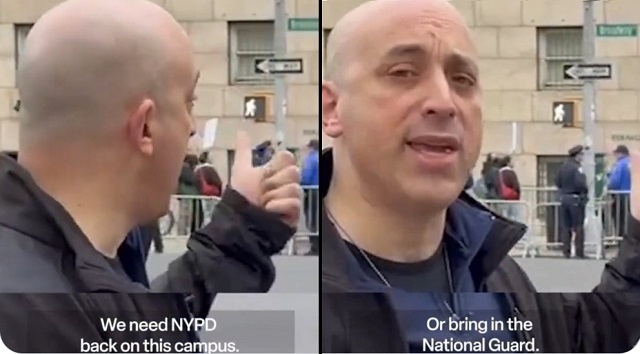Financial Martial Law
by Chris Lowe, International Man:
 Already, as an American, you are not free to spend your money as you see fit. (For a full breakdown, see “Bank Secrecy Act Regulations Explained” below.)
Already, as an American, you are not free to spend your money as you see fit. (For a full breakdown, see “Bank Secrecy Act Regulations Explained” below.)
JPMorgan Chase—the country’s biggest bank—has banned cash payments for credit card debt, mortgages, and car loans. It has also banned the storage of “any cash or coins” in safe deposit boxes.
And all US banks now view large cash withdrawals as suspicious.
Under the Bank Secrecy Act, if you withdraw $10,000 or more in a day, your bank is required to file something called a Currency Transaction Report with the Financial Crimes Enforcement Network (FinCEN). This is a special bureau within the Department of the Treasury that’s tasked with combatting money laundering, terrorist financing, and other financial crimes.
And your bank is required to file something called a Suspicious Activity Report with FinCEN if it believes you are trying to avoid triggering a Currency Transaction Report by withdrawing smaller cash amounts. This puts all cash withdrawals under the microscope.
And taking out cash from the bank isn’t the only activity the government deems suspicious.
Other actions that will trigger a report being filed with the feds include: depositing $10,000 or more in cash with your bank… a foreign exchange transaction worth $10,000 or more… taking more than $10,000 in cash into or out of the US… receiving more than $10,000 in cash in a single payment as a business… or having more than $10,000 in accounts outside the US during a calendar year.
And even if you manage to get your cash out of your bank, having it on your person also makes you a target of the authorities.
Under civil asset forfeiture laws, police and federal agents can confiscate any cash you might have on you if they merely suspect it was involved in a crime. They don’t need to bring criminal charges against you or prove any wrongdoing. And they can keep any seized cash for themselves.
According to The Washington Post, since 2007, the DEA alone has seized more $3.2 billion in cash from Americans in cases where no civil or criminal charges were brought against the owners of the cash.
And forget about opening up a bank account offshore to diversify your risk of these kinds of clampdowns.
The Foreign Account Tax Compliance Act, or FATCA, became law in 2010. It imposes a lot of red tape on foreign banks with US clients. And the costs of complying with all this red tape means opening up bank accounts for Americans no longer justifies the benefits of overseas banks.
As a result, it’s now extremely difficult for Americans to open accounts overseas. It’s de facto capital control, even if the government won’t admit it.

